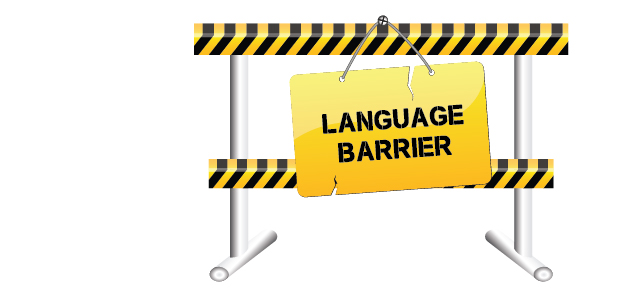The Supreme Court in Cassel v. Superior Court (2011) 51 Cal.4th 113, 244 P.3d 1080, held that evidence of what occurred during or in preparation for mediation in a case is, pursuant to Evidence Code § 1115, et seq., inadmissible…
Legal Ethics Corner: Revisiting the “No Contact” Rule
Attorneys are generally aware that they are prohibited from directly or indirectly contacting an opposing party that is represented by counsel without that counsel’s consent. This prohibition is found in California Rule 2-100 of the Rules of Professional Conduct (“Rule…
Legal Ethics Corner: Your Client Has Dementia. Now What?
Can an attorney call adult protective services (APS) when the attorney’s client has dementia and needs protection, but has not expressly authorized the APS call? Under certain circumstances, yes. One of the most difficult things for counsel to see is…
Legal Ethics Corner: Legal Malpractice Statute of Limitations Does Not Apply to Claims Based on Misappropriation of Client Funds
In Lee v. Hanley, 174 Cal.Rptr.3d 489 (2014), the Court of Appeal recently held that the legal malpractice statute of limitations does not necessarily bar a former client’s complaint against her attorney alleging the attorney refused to return unearned legal fees. The former client claimed that her…
Legal Ethics Corner: Law Practice in the Cloud — Just Be Careful
The rent’s too high, we don’t have room for storage anymore, everyone is going paperless. Let’s move our practice into the cloud. Have you heard of this before? Perhaps you are already using the cloud. What is the cloud? Cloud computing is using the server of…
Legal Ethics Corner: Communicating with English as a Second Language Clients
I have recently been confronted with the issue of what to do with a client who speaks English as a second language (ESL). The ESL client will tell me they understand everything I have communicated to them regarding an important…
Legal Ethics Corner: The Duty to Supervise New and Experienced Attorneys
The duties of California attorneys are set forth in the State Bar Act (Bus. and Prof. Code § 6000, et seq.), the California Rules of Professional Conduct, and case law. The California Rules of Professional Conduct require us to perform…
Legal Ethics Corner: Undocumented Status Does Not Mean You Can’t Practice Law
In a matter of first impression, the California Supreme Court recently ruled that the fact an undocumented immigrant is in the United States illegally “does not itself involve moral turpitude or demonstrate moral unfitness so as to justify exclusion from…
Legal Ethics Corner: What is Confidential?
All attorneys know what a client tells them, in private, is confidential and is protected by the attorney-client privilege. (Evid. Code §§950, et seq., especially 952.) However, what about other information that an attorney learns about a client from sources…
Legal Ethics Corner: When Turning Over a Client’s File, Don’t Forget to Include Electronic Data
One of the most difficult things is to lose a client. Sometimes it is for the best. However, when you lose a client and the attorney-client relationship ends, your obligations to the client do not end. See Formal Opinion 1992-127…











